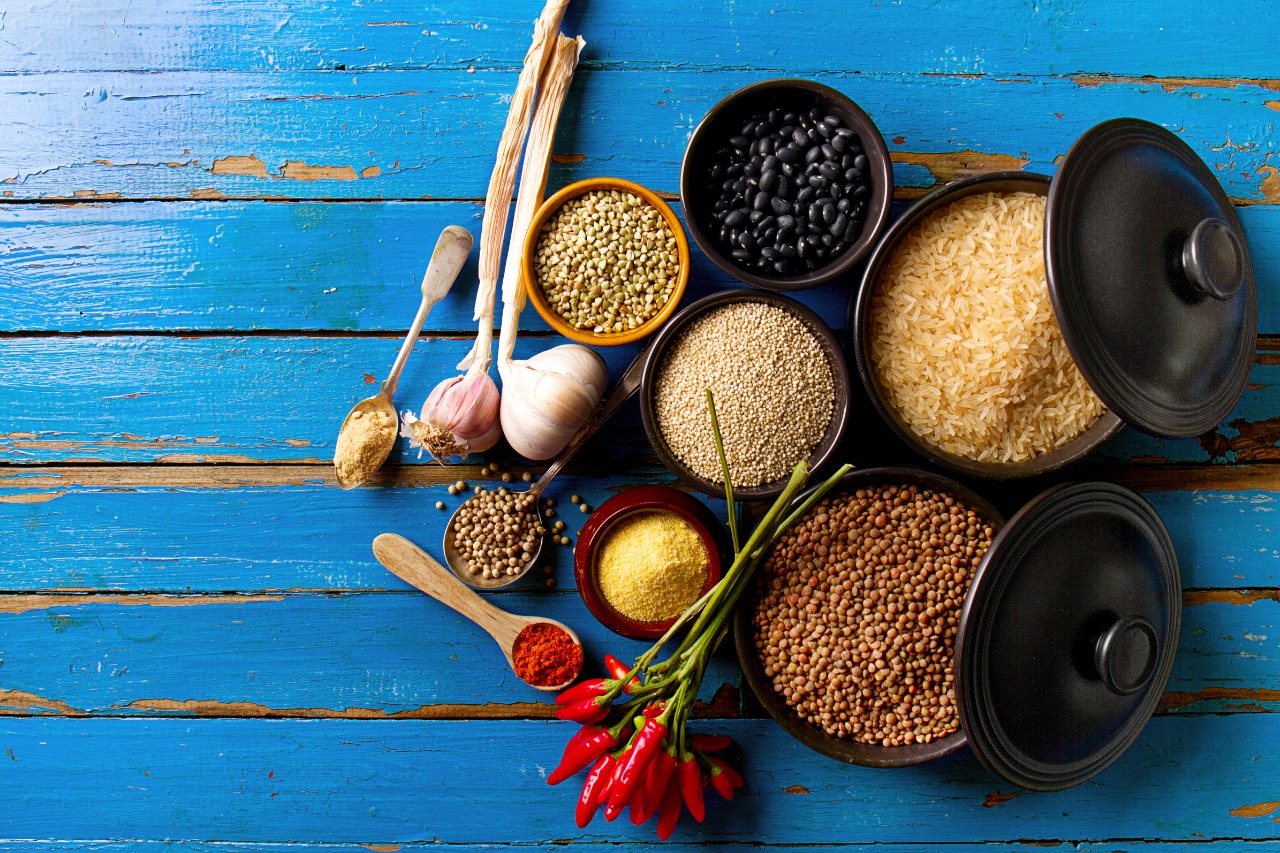
“Unlocking the Power of Millets: Transforming Lives and Communities Through Sustainable Agriculture”
Millets are considered super crops. The production and consumption of millets are gaining momentum in recent years. Millet cultivation is increasingly becoming an alternative in view of the global food insecurity, malnutrition, climate change, etc.,
There are a sizeable amount of people in Africa and the Asian continent who are affected by undernourishment. Around 700 million people across the world suffer from hunger. Food security has been affecting people on all continents. Millets with high nutritional values help in addressing nutrition deficiencies and solving the food security problem worldwide.
There is a significant rise in the demand for millets globally with imports increasing in Indonesia, Germany, Iran, Belgium, and South Korea. The major usage of millets is for human consumption a small proportion is used as fuel and fodder.
Droughts, heat waves, cloudbursts, and flash floods are all on the rise across the nation. The Intergovernmental Panel on Climate Change has said that the variation in climatic conditions is due to global warming. The climatic changes are already affecting the production of food grains and it may get worse in the coming years. Rising average atmospheric temperature levels lead to an increase in the growth period of a crop in cooler climates. Varying rainfall patterns change soil moisture, which in turn affects yield.
The Food and Agriculture Organisation (FAO) has stated that agricultural production has to be increased by 70% by 2050 to feed the earth’s growing population. However, all the studies and factors indicate that growing rice and wheat to feed the globe will not be feasible, as temperatures rise and water resources dwindle.
The water levels have been depleting in many countries in Africa and the Middle East posing a challenge for the cultivation of crops that require a lot of water table. Millets can counter many of the adverse effects of climate change better than most food crops. Millets will be relevant food crops for cultivation as they require less water thereby reducing the burden on the water table. Millet crops can grow in almost any type of soil – sandy or with varying levels of acidity. They hardly need any fertilizers or irrigation. Millets are highly tolerant to increased temperatures, droughts, and floods.
Also, millets recover quickly from these weather-related stresses. Millet cultivation helps in innovative patterns of land usage, more income avenue for farmers, and healthier options for consumers.
Author
